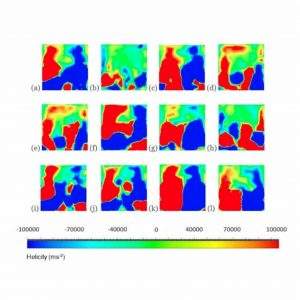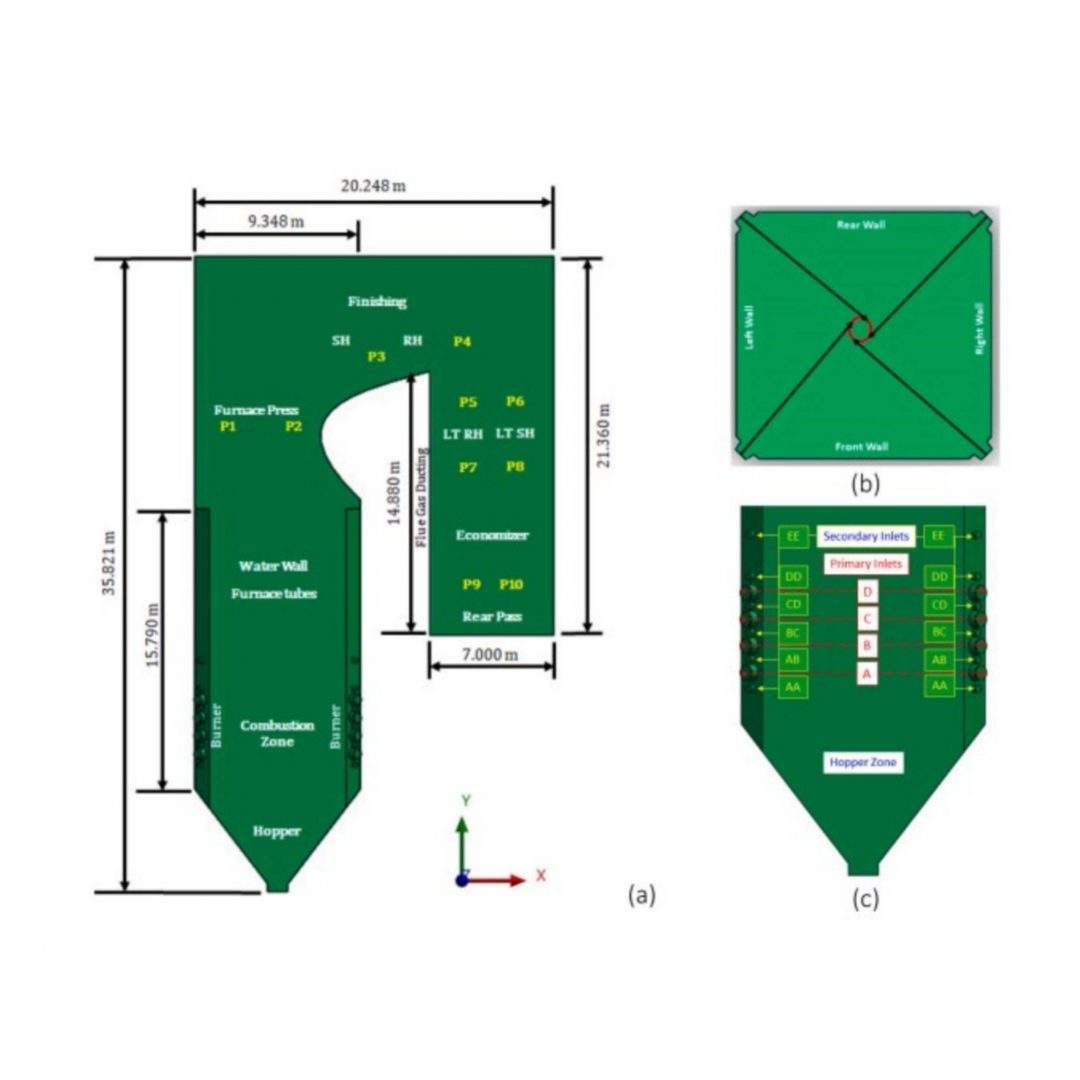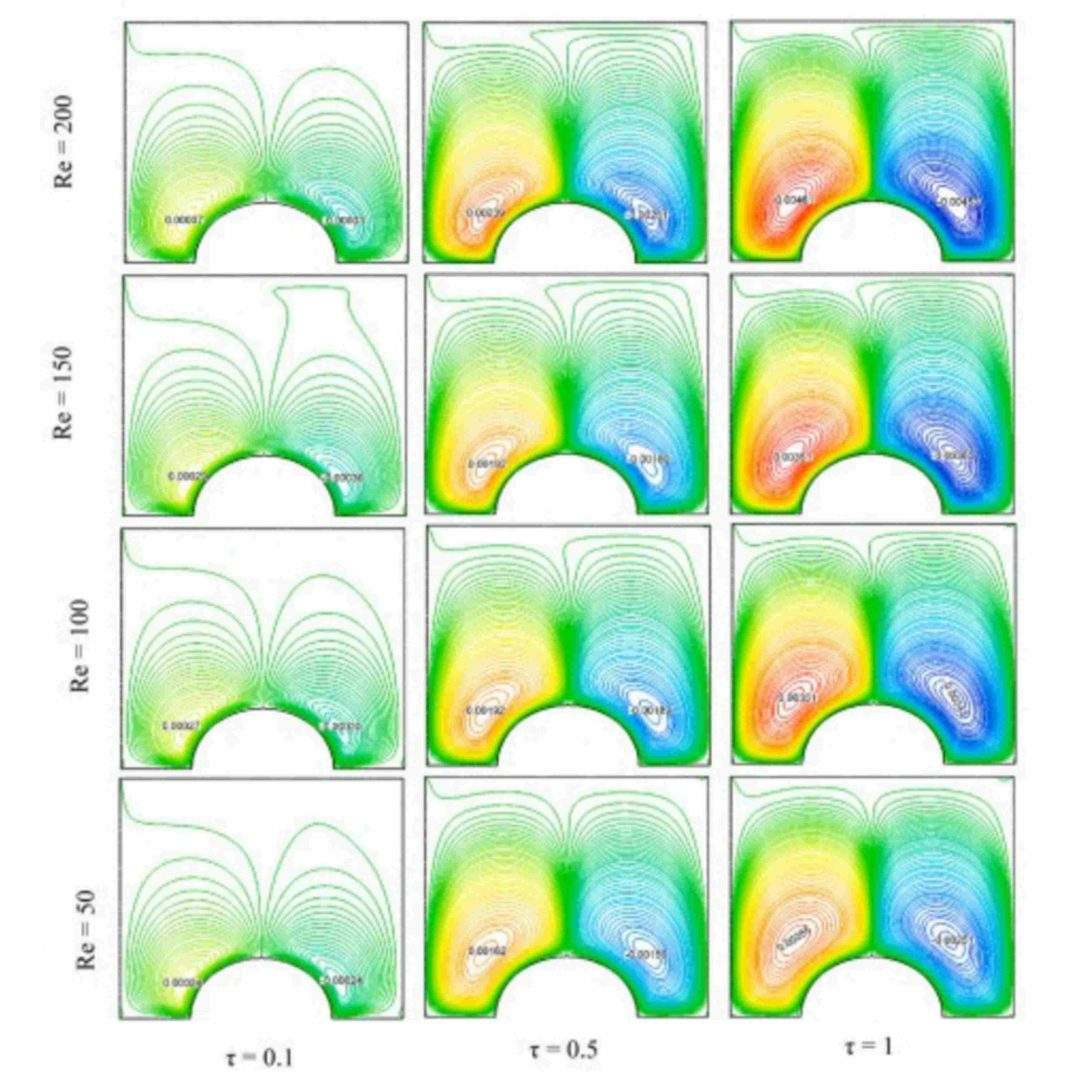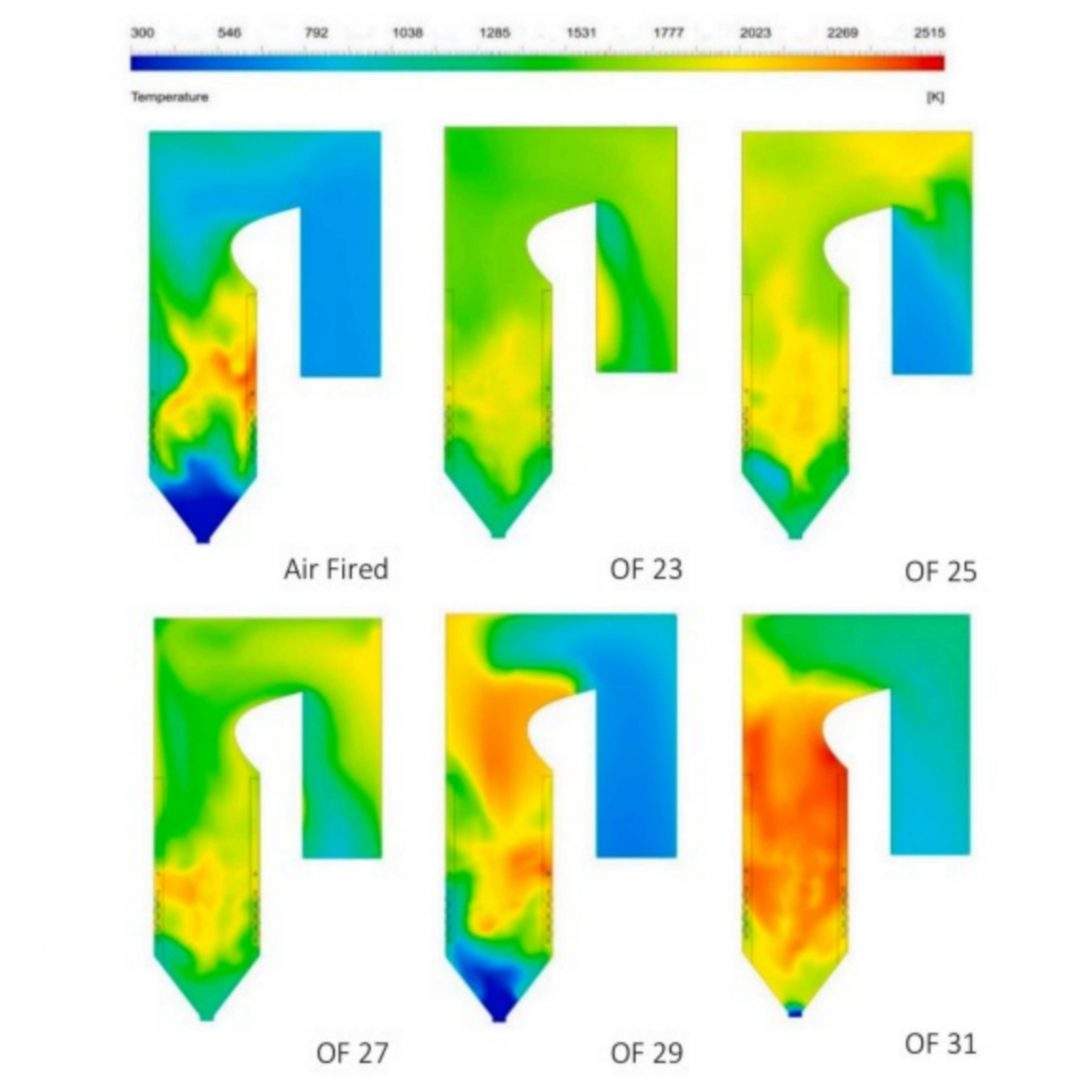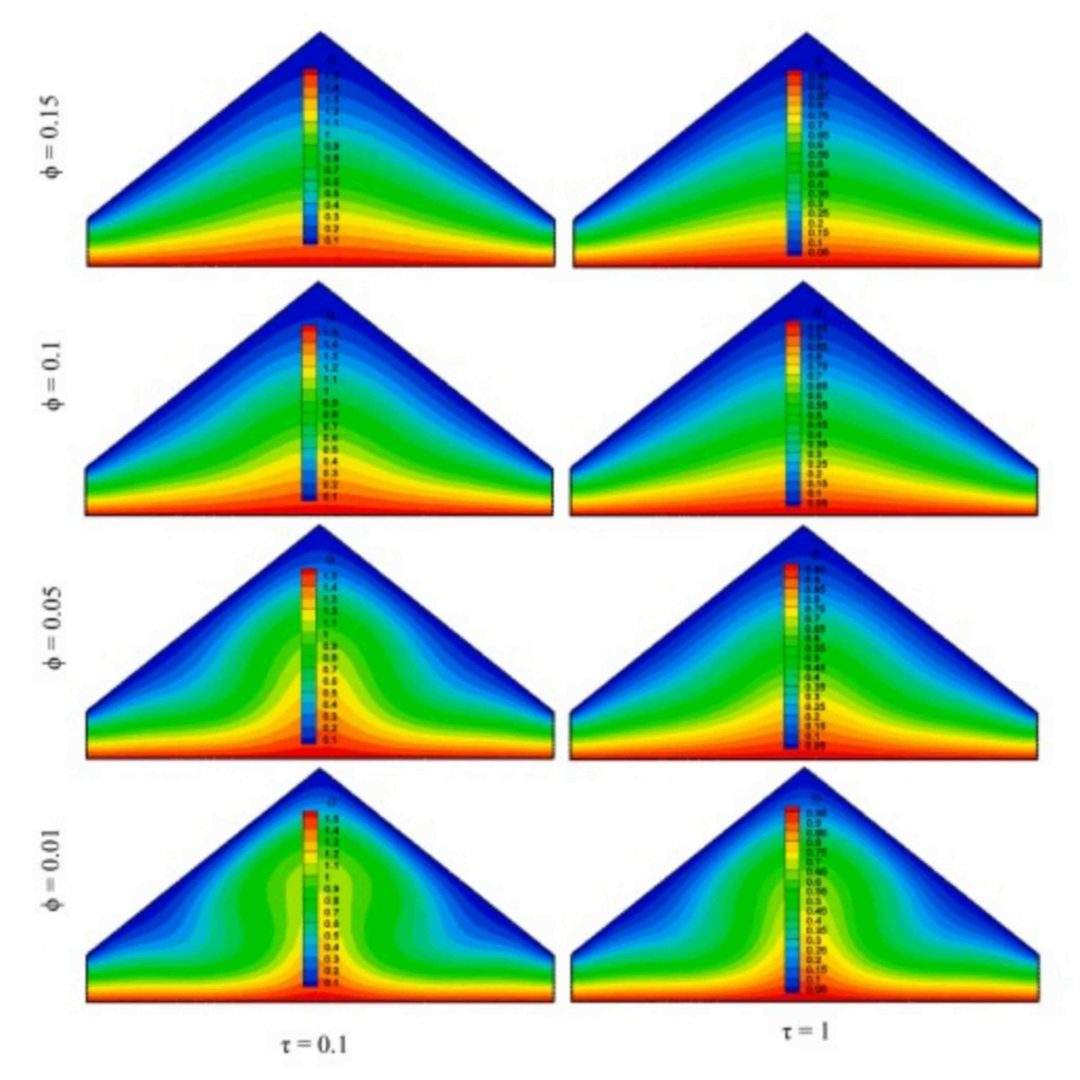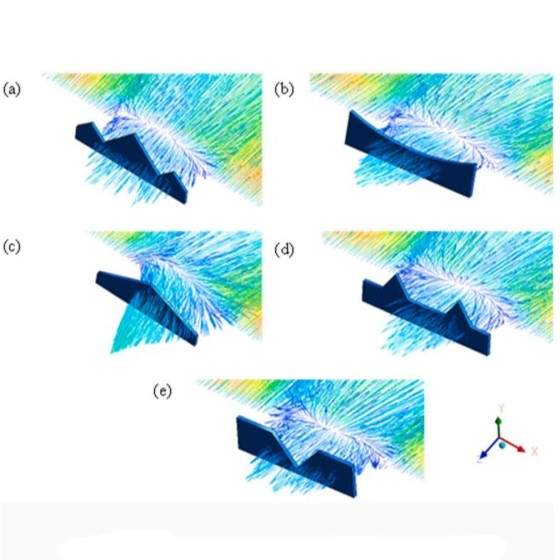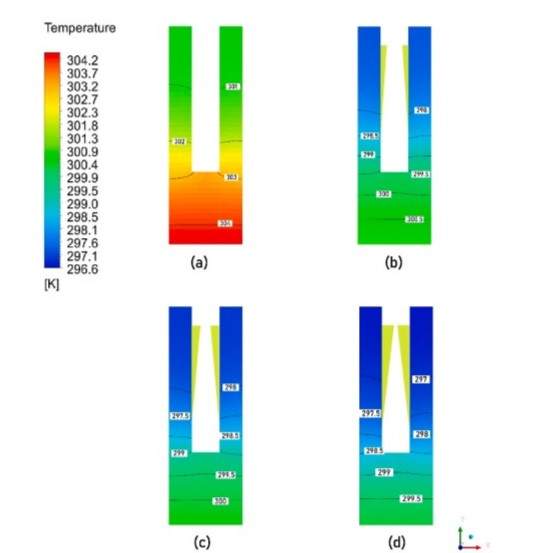[13] Effects of bidirectional rib arrangements on turbulent flow structure and heat transfer characteristics of a two-pass channel for turbine blade internal cooling: Fawaz Bukht Majmader, Output: One (01) under review paper in journal. (2024)
[12] An evaluation of different ML Models approach for weather prediction in Bangladesh based on historical data: Md. Mahmudul Hasan, Parisha Binte Rahman, Output: One (01) submitted paper in journal. (2024)
[11] Comparative Analysis on Melting Performance of PCM Using Longitudinal and Branching Fin Configurations in a Shell and Tube Type Thermal Energy Storing Unit: Mostafa Kamal Fahad, Salim Subah, Nowroze Farhan Ifraj, Sharzil Huda Tahsin, Tahzeeb Rahman Alvi, Output: One (01) under review paper in journal. (2024)
[10] Comparative investigation on the effects of various design configurations of helical heat exchangers with different cross-sections using ternary hybrid nanofluids: Mostafa Kamal Fahad, Nowroze Farhan Ifraj, Dipta Chandra Dey, Output: One (01) under review paper in journal. (2024)
[09] Multi-objective hydrothermal performance optimization of a microchannel heat sink equipped with delta winglet vortex generators using NSGA-II genetic algorithm: Fawaz Bukht Majmader, Output: One (01) under review paper in journal. (2023)
[08] Multi-objective optimization of aerodynamics efficiency of an airfoil incorporating ANN-based genetic algorithm: Md. Mahmudul Hasan, Rifat Ahamed, Output: One (01) under review paper in journal. (2023)
[07] Thermal enhancement of an air-cooled radiator with modified fin geometry and perforation: Fawaz Bukht Majmader, Output: One (01) published journal paper. (2023)
[06] CFD analysis of helical tube heat exchanger with different curvature ratios and geometric profile using nanofluid: Mostafa Kamal Fahad, Nowroze Farhan Ifraj, Salim Subah, Md Araful Hoque, Abu Kabid Md Wakil Wahid Nirjon, Output: One (01) conference paper. (2022)
[05] Optimizing heat transfer in rectangular channels using novel vortex generators with inclination and rotational angles: Mostafa Kamal Fahad, Nowroze Farhan Ifraj, Sharzil Huda Tahsin, Output: One (01) under review paper in journal. (2022)
[04] Thermal and hydraulic performance comparison of metal and carbon-based nanofluids in flat plate collector: A CFD Analysis: Undergraduate project students of Dr. Md. Rezwanul Karim – Mashrur Muntasir Nuhash (170011011), Md. Ibthisum Alam (170011012), Ananta Zihad (170011028), Output: One (01) published journal paper and Thesis book. (2021)
[03] A CFD study on comparison of heat transfer performance of water-based graphene nanoplatelets nanofluids and multiwalled carbon nanotubes nanofluids in a concentric tube heat exchanger: Undergraduate project students of Dr. Arafat Ahmed Bhuiyan – MD Zahinul Hoq (170011039), MD Jabir Rahim (170011008), Output: Thesis book. (2021)
[02] Numerical investigation of a hybrid photovoltaic thermal (PVT) module: Undergraduate project students of Dr. Arafat Ahmed Bhuiyan – Taspia Shawkat Chowdhury (170011025), Mita Noor Hasan (170011062), Fatima Tasneem Mohsin (170011072), Output: One (01) under review paper in journal and Thesis book. (2021)
[01] CFD modeling of H-Darrieus vertical axis wind turbine: Undergraduate project student of Dr. Md. Rezwanul Karim – Morium Mannan Tonni (170011015), Output: Thesis book. (2021)



